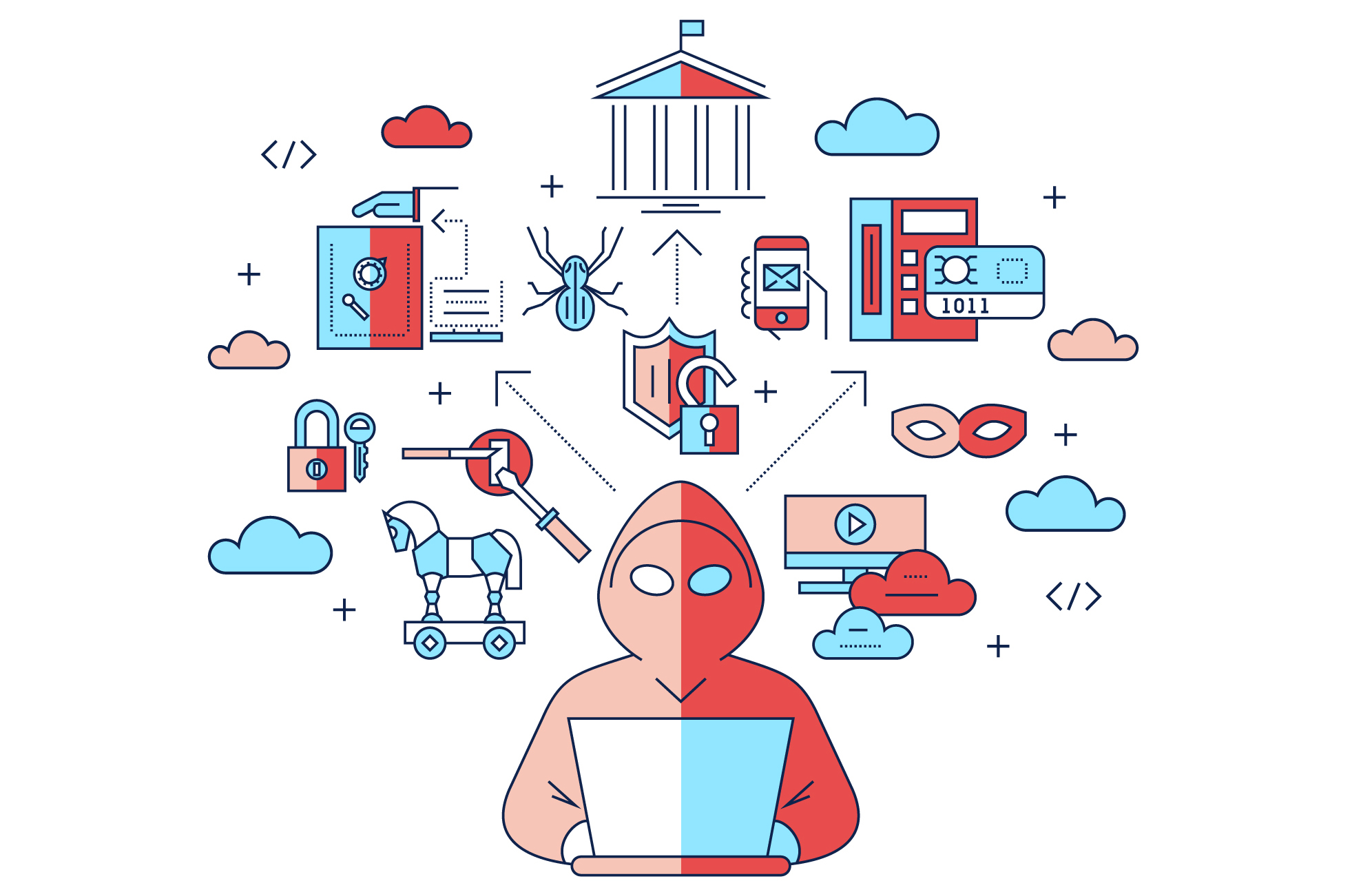SMBs are more often the victims of network breaches and other cybersecurity threats. About half of SMBs are worried that a data breach could shut down their business permanently, and for good reason. The cost of a network/data breach can number in the hundreds of thousands of dollars. Most SMBs don’t have that kind of funding lying around for data breaches, and even if they do, the funds aren’t exclusively for those costs.
Let’s not forget the damage a network or data breach can do to a business’s reputation. With larger companies that have already established a name for themselves, it’s less of an impact; but for businesses trying to get on their feet, a data breach can bury them permanently under negative reviews.
Here’s how to protect your small business from network breaches.
Use A Firewall That Matches The Scope of Your Business
One of the most overlooked aspects of network security is the firewall, which is a standard defense against cyberattacks. Hackers often take advantage of “ports” to find back ways into your network, but a firewall closes these down and prevents such attacks.

The problem is that some businesses don’t have a firewall that matches the scope of their network/business. A larger business needs a stronger firewall. If you’re not sure if your firewall is up to the standard, you can consult with a cybersecurity expert to get your company what it needs to stay protected.
Use a VPN Service
A VPN, or virtual private network can be a great tool for hiding company IP addresses and preventing cyber attacks. A VPN service basically routes your IP addresses through several servers before it arrives at its destination (whatever sites or services you’re using). This makes it more difficult, if not impossible, to track an IP address.
If a hacker can’t track your internet traffic, it’s harder to find a way into the network. Not to mention, VPNs are more affordable than ever, with some VPN services falling in at just under $10 per month. Individuals can use VPNs, too.
Use a Password Manager
Employing password management for businesses ensures that their most valuable cybersecurity asset, passwords, are secure. Password sharing at work is all too common, and it’s estimated that about 80% of all data breaches occur because of a compromised password. A Google survey found that over 60% of users recycle their passwords across multiple accounts or every account.
Hackers usually look at passwords as the first potential breaching point. After all, if over half of all users are recycling passwords, it’s easier to get the password for several accounts at once. This is why it’s so important to use an enterprise password manager.
With these services, you can store, manage, and create strong passwords across your entire business. You’ll get a personal “vault” that’s encrypted and backed up on the cloud, so you don’t have to worry about losing all of your company passwords. Not to mention, the password generator feature can help employees create more secure passwords, and the autofill feature makes it unnecessary to create memorable passwords.
Update, Update, Update!
Your company’s software programs should be set to automatically update as often as possible. If they’re not, you’ll want to either turn on auto updates or check manually at least once per week. Why? Because outdated software is a potential entry point for hackers. Outdated software can be vulnerable to new virus definitions or other vulnerabilities that could have been addressed in an update.
Most modern software comes with an auto update feature, but it’s important to double check as often as you can to make sure everything is always up to date.
Test Your Own Systems With Ethical Hacking
One of the best ways to identify weaknesses in your own systems is to hack them ethically. Ethical hacking is simply the practice of testing systems for weaknesses that hackers could potentially exploit. This is usually done by a third-party firm or individual, but if you have an ethical hacker on site, this can be a great way to identify your system’s vulnerability.
Be sure you’re thorough in testing, exploiting every possible vulnerability. If you miss one, the next hacker probably won’t. Be thorough!

Enact Strict Cybersecurity Policies for Employees
Last, but not least, you’ll want to lock down your cybersecurity from the employee end of things. This means enacting (and enforcing) strict cybersecurity policies. These can include:
- No password sharing
- Using MFA for every log in
- Reporting suspicious activity ASAP
- Using a spam filter
- Never opening emails from outside the company (except in specific circumstances)
- No accessing work accounts from outside of the company network
- Logging out of every account when finished
Cybersecurity depends on both administrative employees and everyone else with access to the system. Strict cybersecurity protocols help keep things secure and provide a roadmap for when the system becomes compromised. Business should always make their cybersecurity expectations abundantly clear for everyone, so there’s no confusion.
